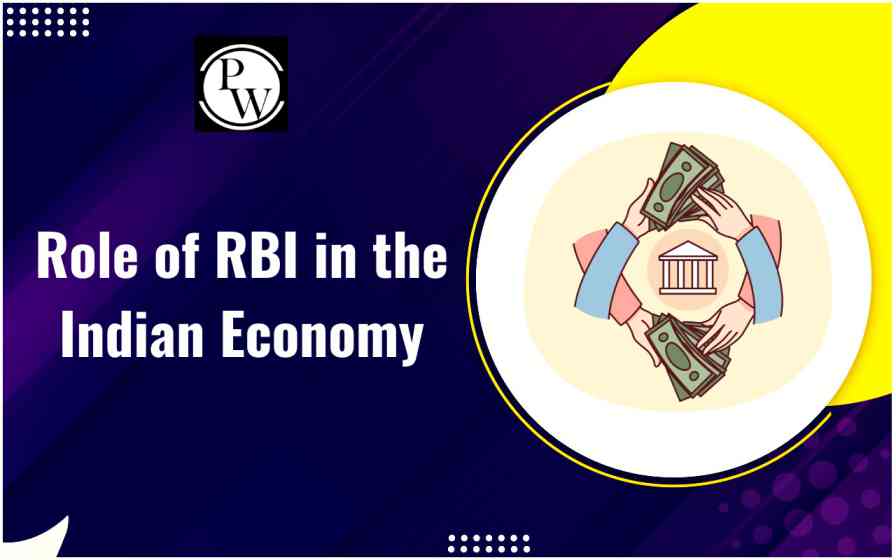

The Zollverein, also known as the German Customs Union, was a critical milestone in the economic unification of the German-speaking states in the 19th century. Established in 1834, this union played an instrumental role in shaping the modern economic and political landscape of Germany. Its significance goes beyond just economics, marking a transformative period in European history. Let's delve deeper into the history, impact, and legacy of the Zollverein.
What is the Zollverein?
The Zollverein is a coalition of German states to eliminate internal tariffs and promote free trade among its member states. The word Zollverein comes from the German words Zoll (customs) and Verein (union), which together meant a customs union. The idea behind the Zollverein was to create an integrated market that would allow goods to move freely across different German territories, without facing excessive taxes or border controls. The union was founded primarily under the leadership of Prussia, the most powerful German state at the time, with the goal of not only fostering economic growth but also increasing Prussia's political influence over the smaller German states. The Zollverein started with 18 states in 1834, and by the mid-19th century, nearly all the German-speaking regions were part of the union.Objectives of the Zollverein
The primary objective of the Zollverein was to stimulate economic growth by simplifying trade across the German Confederation. It sought to:Eliminate Tariffs and Barriers
By removing internal tariffs, the Zollverein allowed for the free movement of goods, which promoted competition, reduced costs for consumers, and facilitated faster economic development.Standardize Weights and Measures
The union also worked towards standardizing weights and measures across its member states. This was a crucial step for streamlining trade and making commerce between the states more efficient.Foster Economic Integration
The Zollverein was not just about trade. It laid the foundation for a more integrated economy by encouraging infrastructure development, such as railroads and roads, that connected various regions and markets.Increase Political Influence of Prussia
While the Zollverein was economically beneficial for all its members, it also helped to bolster Prussia's influence. By leading the union, Prussia gained significant political leverage over other German states, which would later play a key role in the creation of the German Empire.Impact of the Zollverein on Germany and Europe
Zollverein's impact can be seen on multiple fronts—economic, political, and social.Economic Growth and Modernization
By encouraging free trade and reducing tariff barriers, the Zollverein helped stimulate industrialization in the German states. This period saw the rise of key industries, including coal, steel, and textiles. The union created a larger and more unified market, which encouraged the development of new technologies and manufacturing methods.Prussia’s Growing Power
Economically, the Zollverein gave Prussia a commanding position. It was able to exert considerable influence over other states, which ultimately set the stage for the unification of Germany under Prussian leadership in 1871. Through the Zollverein, Prussia laid the groundwork for its dominance in the future German Empire.Political Consequences
It became an important tool in the hands of Prussia to achieve its political goals. It helped isolate Austria from the other German states, thus fostering Prussia’s political dominance. Austria, a major European power, initially had the option to join the it but chose not to. This decision would later play a significant role in Austria’s exclusion from the unified German Empire.Social Changes
The union also brought about significant social changes. As goods moved more freely, markets in different regions became more interconnected, leading to more job opportunities, urbanization, and greater wealth in previously less-developed regions.The Decline of the Zollverein
It lasted for nearly four decades, but it began to dissolve after the creation of the German Empire in 1871. The unification of Germany, which was achieved through Prussian military and political maneuvering, made the it redundant. With the establishment of a single German state, internal tariffs were no longer necessary, and the customs union was disbanded. Furthermore, the economic interests of the German states had evolved, and the formation of the empire led to more centralization of economic policies, including the imposition of uniform tariffs on foreign goods. This eliminated the need for a customs union within Germany.Legacy of the Zollverein
Despite its dissolution, the it left a lasting legacy on Germany and Europe as a whole. It laid the foundation for the creation of a unified German state, both economically and politically. By facilitating the growth of infrastructure, industries, and markets, the it helped Germany transition from a collection of fragmented states into one of the most powerful industrialized nations in Europe. In a broader context, it served as an early example of economic integration, laying the groundwork for future efforts such as the European Union. The concept of economic cooperation across national borders, despite political differences, remains relevant today. The Zollverein was more than just an economic union—it was a precursor to the modern idea of economic cooperation across borders. By promoting free trade, reducing barriers, and encouraging industrial growth, it transformed the German economy and played a pivotal role in shaping the future of Germany. Though it no longer exists, its impact can still be felt in the way countries today view economic cooperation and integration. It serves as a reminder of the power of economic collaboration in shaping the course of history. Join PW Commerce Online Course now and excel in your academic and professional pursuits!What was Zollverein FAQs
What was the Zollverein?
The Zollverein, or German Customs Union, was an economic coalition formed in 1834 by German states to eliminate internal tariffs and foster free trade among its members. It aimed to create a unified economic space, streamline trade, and improve infrastructure, while also boosting Prussia’s political influence.
Which countries were part of the Zollverein?
The Zollverein initially consisted of 18 states, primarily German-speaking regions. By the mid-19th century, nearly all German states, except Austria, had joined the union. It included regions that later became part of modern-day Germany.
How did the Zollverein impact Germany's economy?
The Zollverein significantly boosted Germany's economy by promoting industrialization, reducing trade barriers, and creating a larger, unified market. It encouraged the growth of industries like coal, steel, and textiles, while also facilitating infrastructure development, including railroads.
Why was Austria not part of the Zollverein?
Austria, despite being a major European power, chose not to join the Zollverein due to political reasons. Its exclusion helped strengthen Prussia’s dominance in the German Confederation, ultimately leading to the unification of Germany under Prussian leadership in 1871.
What happened to the Zollverein after German unification?
The Zollverein was dissolved after the formation of the German Empire in 1871. With the establishment of a unified German state, the need for an internal customs union disappeared. A single tariff system replaced the Zollverein, leading to its decline and eventual disbandment.
🔥 Trending Blogs
Talk to a counsellorHave doubts? Our support team will be happy to assist you!

Free Learning Resources
PW Books
Notes (Class 10-12)
PW Study Materials
Notes (Class 6-9)
Ncert Solutions
Govt Exams
Class 6th to 12th Online Courses
Govt Job Exams Courses
UPSC Coaching
Defence Exam Coaching
Gate Exam Coaching
Other Exams
Know about Physics Wallah
Physics Wallah is an Indian edtech platform that provides accessible & comprehensive learning experiences to students from Class 6th to postgraduate level. We also provide extensive NCERT solutions, sample paper, NEET, JEE Mains, BITSAT previous year papers & more such resources to students. Physics Wallah also caters to over 3.5 million registered students and over 78 lakh+ Youtube subscribers with 4.8 rating on its app.
We Stand Out because
We provide students with intensive courses with India’s qualified & experienced faculties & mentors. PW strives to make the learning experience comprehensive and accessible for students of all sections of society. We believe in empowering every single student who couldn't dream of a good career in engineering and medical field earlier.
Our Key Focus Areas
Physics Wallah's main focus is to make the learning experience as economical as possible for all students. With our affordable courses like Lakshya, Udaan and Arjuna and many others, we have been able to provide a platform for lakhs of aspirants. From providing Chemistry, Maths, Physics formula to giving e-books of eminent authors like RD Sharma, RS Aggarwal and Lakhmir Singh, PW focuses on every single student's need for preparation.
What Makes Us Different
Physics Wallah strives to develop a comprehensive pedagogical structure for students, where they get a state-of-the-art learning experience with study material and resources. Apart from catering students preparing for JEE Mains and NEET, PW also provides study material for each state board like Uttar Pradesh, Bihar, and others
Copyright © 2025 Physicswallah Limited All rights reserved.











